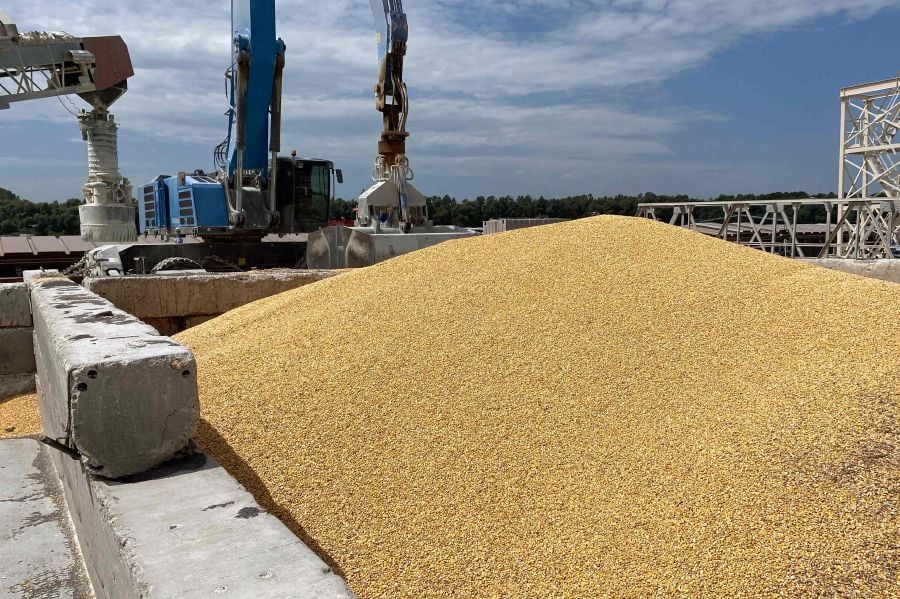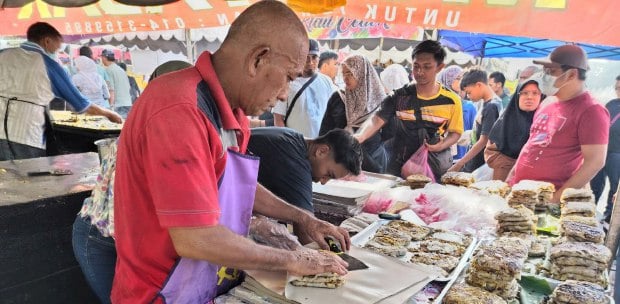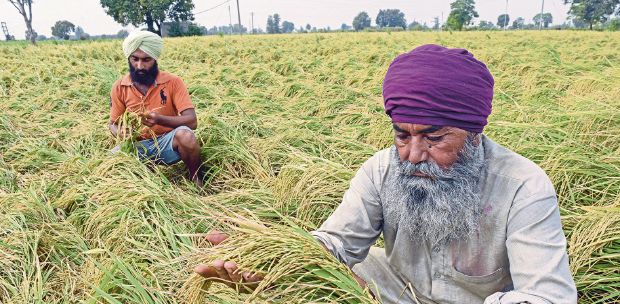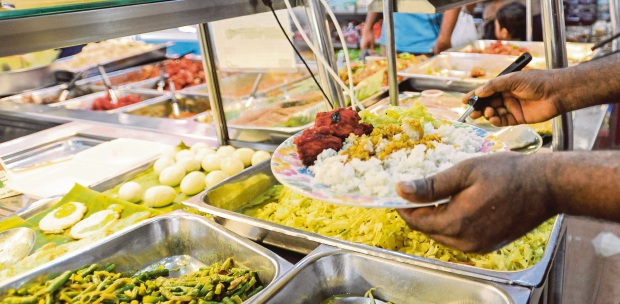THE West is not slowing down the disinformation campaign accusing Russia of the global food market crisis.
They are trying to make my country responsible for the "coming global famine" due to the rise in world prices for food, fertilisers and energy carriers, all allegedly caused by the special military operation to protect the population of Donbass, Ukraine.
Unfortunately, we notice that some local experts fall for such propaganda and accuse Russia of unbalancing the global food market over the grain deal.
We would like to help those interested in this matter to see an objective picture of what is happening.
The initial purpose of the deal was to ensure global food security, reduce the threat of hunger and help the poorest countries of Africa, Asia and Latin America.
Recognising the importance of these goals, Russia undertook the obligation to facilitate its implementation at the first stage.
This deal, however, has been shamelessly used for the enrichment of large American and European businesses that exported and resold grain from Ukraine.
We are talking about the Big 4 of world agriculture — United States-based Archer Daniels Midland, Bunge, Cargill and Dutch Louis Dreyfus — where a significant contribution was made by their subsidiaries in Ukraine.
They, as well as chemical giants, Monsanto and E.I. DuPont de Nemours, directly or through intermediaries, own more than 17 million hectares of Ukraine's 32 million hectares of arable land.
They also own a significant number of elevators, capacities for storage and transportation of grain, oil crops and products from them.
Taking advantage of the crisis in Ukraine, they bought more Ukrainian farmland at low prices.
In almost a year, 32.8 million tonnes of supplies were exported from Ukraine under the grain deal, with more than 70 per cent exports ending up in high- and upper-middle-income countries, including in the European Union.
Meanwhile, Ethiopia, Sudan and Somalia, as well as Yemen and Afghanistan, received less than three per cent of supplies, that is, less than one million tonnes.
In the meantime, none of the deal provisions, relating to the exemption from sanctions of Russian grain and fertiliser exports to world markets, were fulfilled.
Restrictions have affected all economic operators, including agricultural companies.
Port terminals abroad were blocked, through which transshipment of domestic food and industrial products was carried out.
International financial companies, logistic companies and banks have stopped lending, insuring and servicing transactions for the sale of food and fertilisers from Russia.
Barriers have been mounted even to our attempts to supply free mineral fertilisers to poor countries.
Of the 262,000 tonnes of goods blocked in European ports, only two shipments were delivered: 20,000 tonnes to Malawi and 34,000 tonnes to Kenya.
The rest is still held by the Europeans. And this is a humanitarian initiative we are talking about, which should be exempted from any sanction.
Therefore, there is no longer any use in continuing the grain deal as it has failed to serve its original humanitarian purpose.
Russia argued against further extending the deal, which is terminated as of July 18.
However, Russia is capable of replacing the Ukrainian grain on a commercial and free-of-charge basis, especially as we expect another record harvest this year.
In summary, Russia is not to blame for unbalancing the market, but the selfish destructive policy of the Western countries and its satellites.
Their economic pressure has exacerbated the negative trends in the global food market, energy, and industry, also recognised by international organisations.
The March report of the Food and Agriculture Organisation's Regional Review of Food Security and Nutrition in Europe and Central Asia, states that "sanctions and restrictions on the export of food, fertiliser and fuel have led to an increase in food prices in all countries of the Europe and Central Asia region and around the world".
Nevertheless, Russia will continue to fulfil its obligations under international contracts regarding the export of agricultural products, fertilisers, energy carriers and other critical products.
We are aware of the importance of the supply of socially significant goods, including food, for the socio-economic development of the states of Asia, Africa, Latin America and the Middle East, the achievement of food security indicators and the implementation of Sustainable Development Goals.
The writer is Russian ambassador to Malaysia





